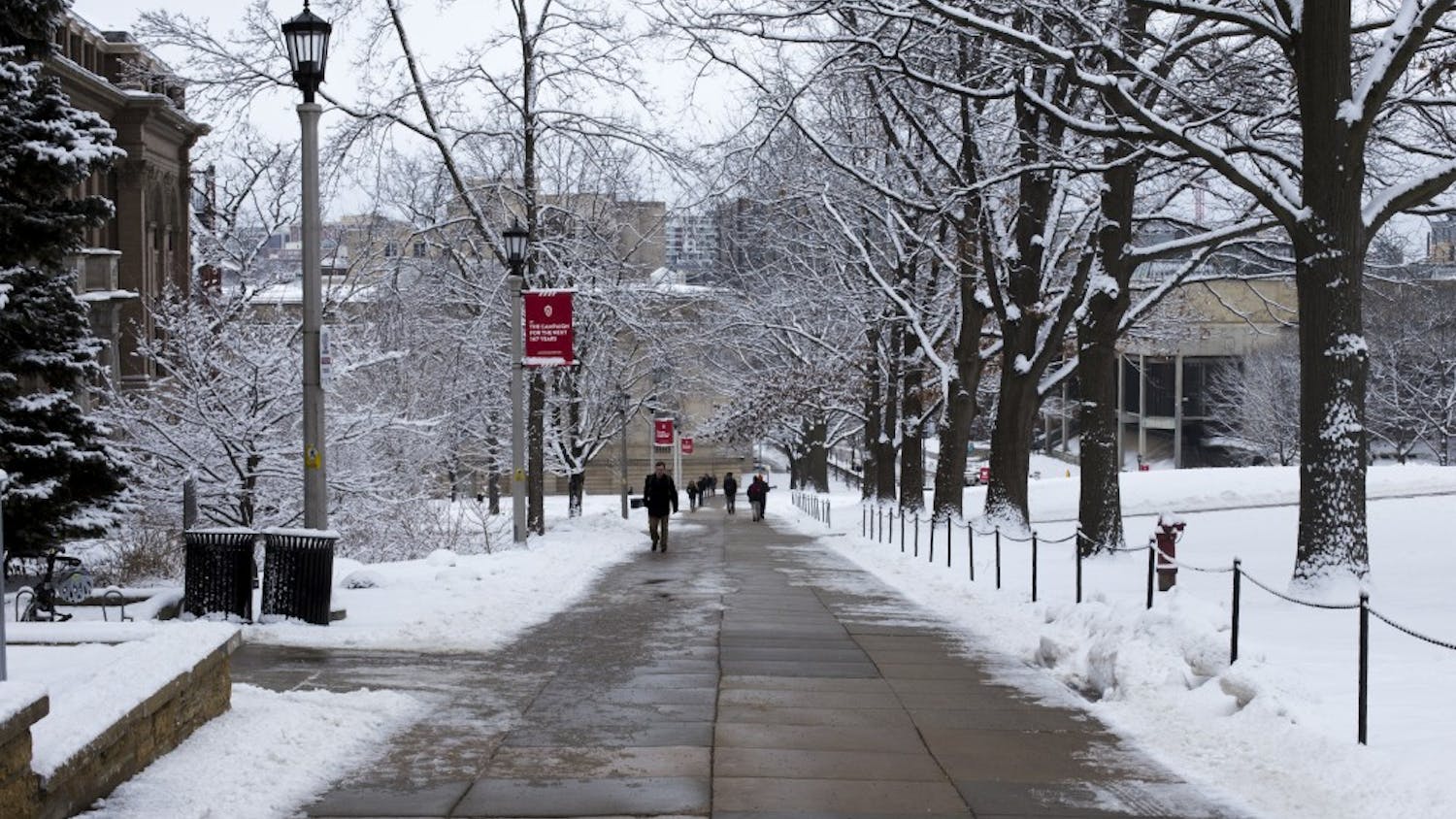As U.S. forces battle rising insurgencies in Baghdad and Mosul after the successful American Fallujah offensive, stateside observers are wondering what comes next in Iraq.
American commanders have stated their intention to use the same urban fighting tactics they used in Fallujah on other Iraqi cities, particularly Ramadi in the Sunni Triangle.
But some experts say bringing the offensive to other cities is self-defeating.
\The more we fight in Iraq, the greater the resistance is going to become,"" said Jennifer Loewenstein, a UW-Madison senior lecturer in the School of Business who has lived in Lebanon, Israel and the West Bank. ""If we fight in Fallujah and Mosul and Baghdad and Basra, we are increasing the number of people who want to join the resistance.""
UW-Madison Professor of history and religious studies David Morgan said while Fallujah-like tactics can appear to work at first, they are not a permanent solution to Iraq's problems.
""The problem is that the insurgents pack their bags and leave before the U.S. Army gets there every time,"" he said. ""There aren't enough American troops there to actually control the country, so there's nothing to stop the insurgents from getting out and going somewhere else.""
Morgan added the offensive was likely timed so Iraq would be stable enough to hold elections in January with the appearance of legitimacy.
David Tarr, professor emeritus of political science, said while he thinks things are going fairly well in Fallujah, the offensive has caused increases in American and Iraqi casualties.
""The question is whether there would have been more casualties from not having gone into Fallujah in the long run,"" he said. ""The military position is that eliminating the Fallujah enclave makes the future safer for American soldiers. ... I suspect they're right, I hope they're right, but the immediate price of going into Fallujah was an increased casualty rate.""
Both Loewenstein and Morgan noted the only certain way to solve the current problems in Iraq would be to go back in time and not invade in the first place. For now, Loewenstein favors bringing in a coalition of administrators from pro-Iraqi Arab neighbors, while Morgan said America has to stay in Iraq for the time being, even if things look rough.
""I take the Colin Powell view, which is that you break it, you bought it,"" he said. ""There's no going back now. You simply have to stick it out until things improve ... to pull out now would be to ask for civil war.""





